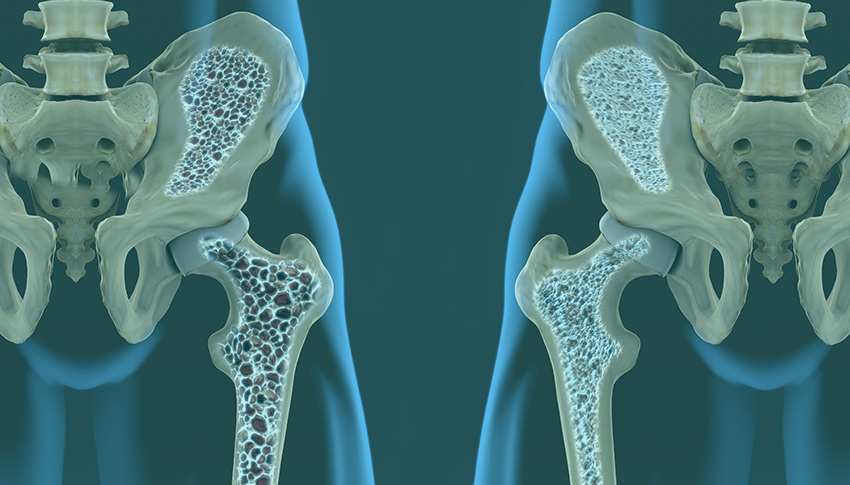What happens to the skin in menopause? Is it possible to counteract the effects and improve the well-being of tissues? These are just some of the many questions that women ask themselves as they approach one of the most delicate moments in women’s life. The end of the menstrual cycle brings with it small and large changes in the body in general, but primarily on the skin.
Over time, the process of cell regeneration slows down, exposing the skin to the classic signs of time: loss of elasticity, skin relaxation, wrinkles and bags. To keep the face and skin of the body young even in menopause, it is necessary to follow some basic, but fundamental, precautions: cure nutrition, use the right skin products and perform a moderate, but constant physical activity. Let’s see how and why the skin in menopause changes and what remedies to use for its well-being.
How does the skin change during menopause?
The dermis of the woman, before the advent of menopause, appears compact and bright thanks to the action of collagen, hyaluronic acid, hormones and sweat glands, which are able to act positively on the underlying layers of the skin and keep it young and hydrated. With the approach of menopause, combined with progressive cellular aging, this process of "natural hydration" of the body is gradually reduced, helping to reduce the general tone of the skin.
With the advent of menopause the skin appears less bright and drier, deeper wrinkles begin to appear and in some parts of the body you can see the sagging tissues: especially on the neck, arms and knees. But menopause is not only responsible for reducing skin tone, over the years the skin becomes duller and drier, often characterized by dark spots (especially on the face and hands).

While it is undeniable that the process of skin aging cannot be blocked, nor can it totally counteract the skin manifestations of menopause, on the other hand it is also true that following some advice and using the right products can help, and not little, to counteract the annoying effects on the skin in menopause.
Facial and skin care in menopause
The first effects of menopause on the skin are represented by dryness and loss of elasticity. The closer you get to this delicate moment in every woman’s life the more the skin changes: the cells tend to age naturally and the structure of the dermis changes, becoming more vulnerable to external agents.
To keep the tissues toned and reduce the effects of hormonal changes, it is advisable to follow some tips, especially those related to exercise and facial gymnastics. Moderate physical activity, in fact, is able to improve circulation and microcirculation, helping the skin to remain bright and hydrated.
Another secret is to practice facial gymnastics every day: the muscles of the face play a fundamental role in maintaining a youthful and toned appearance, helping to slow the formation of unsightly expression wrinkles. From this point, training in laughter and smile can play a fundamental role, able to restore elasticity and tone to the skin.
An equally important role is played by nutrition: to remain young, and slow the physiological process of aging of the skin, it is necessary to nourish the body adequately, introducing the right intake of vitamins, proteins and minerals, from fish, lean meat and vegetables. In a complete diet should also not miss the intake of cereals and soy that help keep the skin elastic. Daily hydration is also important: it is advisable to take at least one and a half liters of water a day.
To preserve the beauty of the skin during menopause, finally, it is necessary to take care of it every day, regularly applying a good moisturizer, exfoliating the skin periodically with a deep cleansing of the face and body, through an exfoliating treatment. From this point of view hyaluronic acid products play an essential role, helping to counteract the negative effect that hormonal changes produce on the tissues: skin relaxation and loss of elasticity, the major contributors to wrinkles and other signs of aging.
Which products to choose to combat skin aging and the effects of menopause on tissues?
What substances must inevitably be present in a product aimed at delaying the effects of menopause and aging on the skin? First, these products must be able to contribute to the nourishment of the skin by giving an important help to the tissues, especially if it is a mature skin and subject to the hormonal changes of the menopause.
The best ally can only be hyaluronic acid, one of the fundamental components of the connective tissues of man that with advancing age tends to decrease, resulting in a weakening of the skin and promoting the formation of wrinkles and blemishes. For this reason it is necessary to integrate it.
Hyaluronic acid is fundamental because it allows the skin to maintain its "net" structure, giving it strength and firmness. In addition to allowing it to perform its particular function as a barrier against attacks by external agents. Hyaluronic acid is able to retain water, thus maintaining the proper hydration of the skin keeping it toned and resistant.
Also the extracts of red vine leaves are particularly indicated for the well-being of the skin, as they play an important and useful role in preserving the skin, helping against the aggressions of free radicals.





